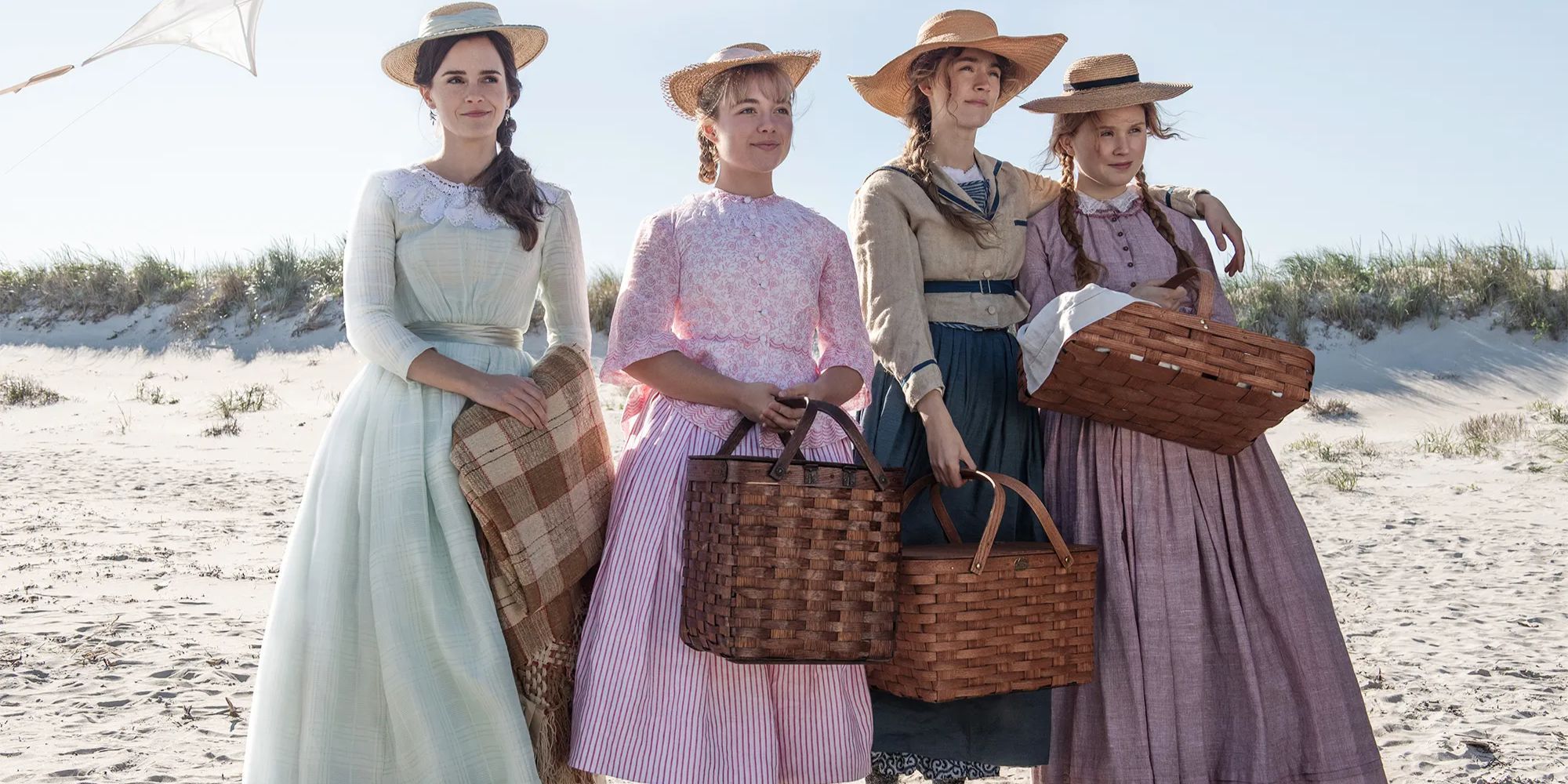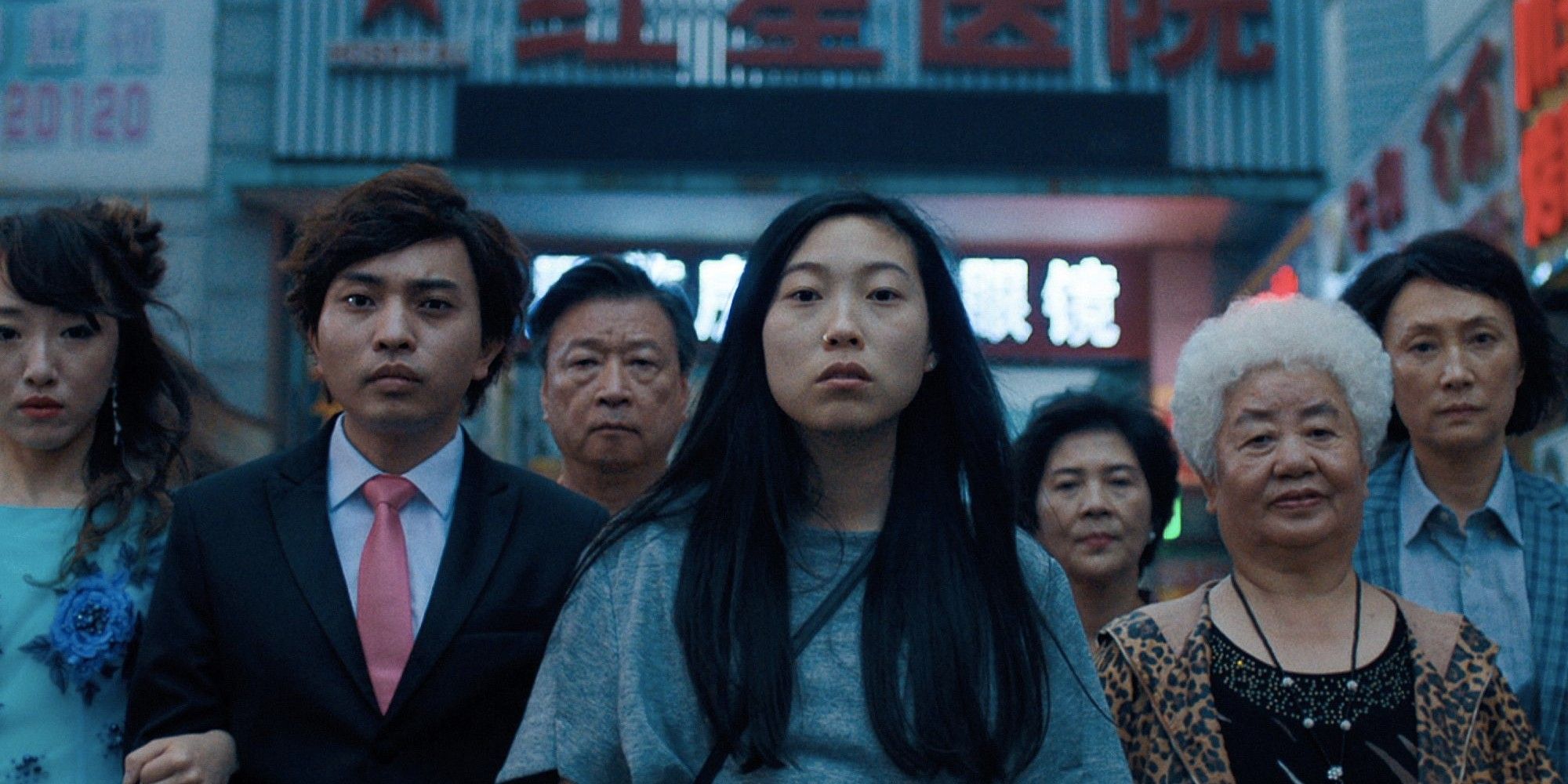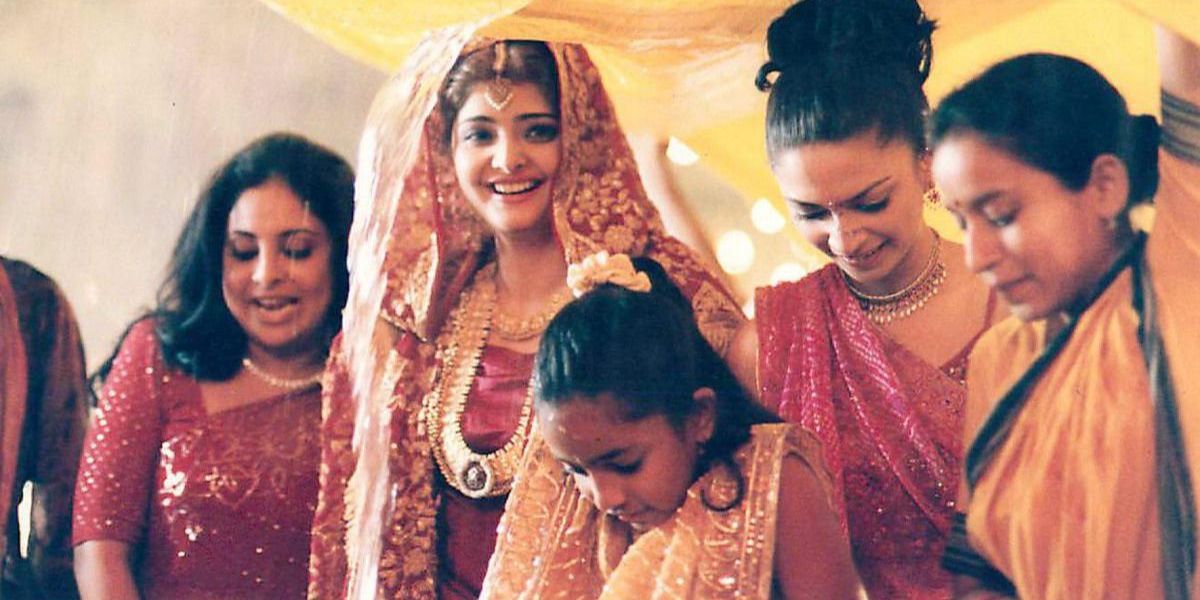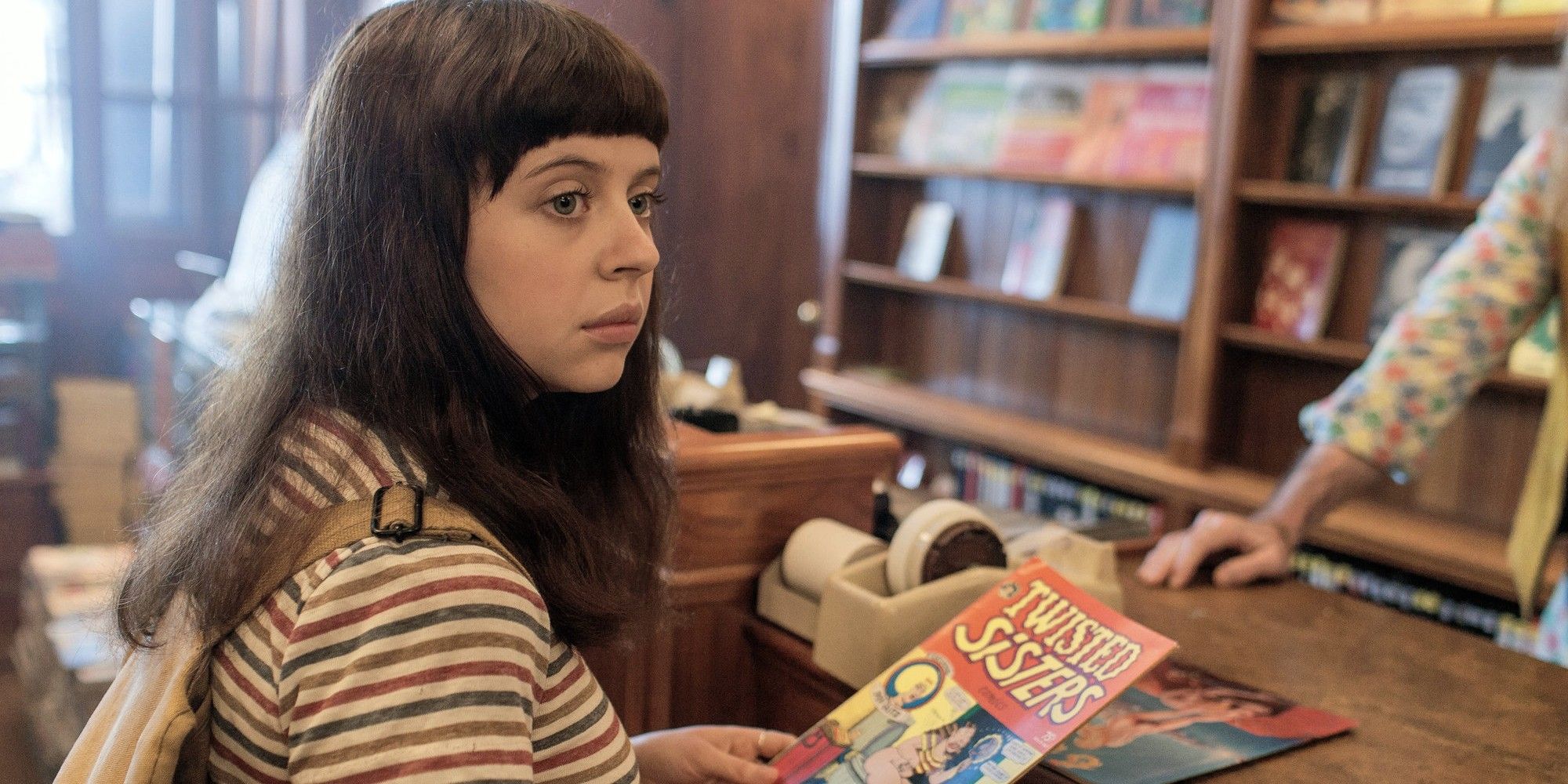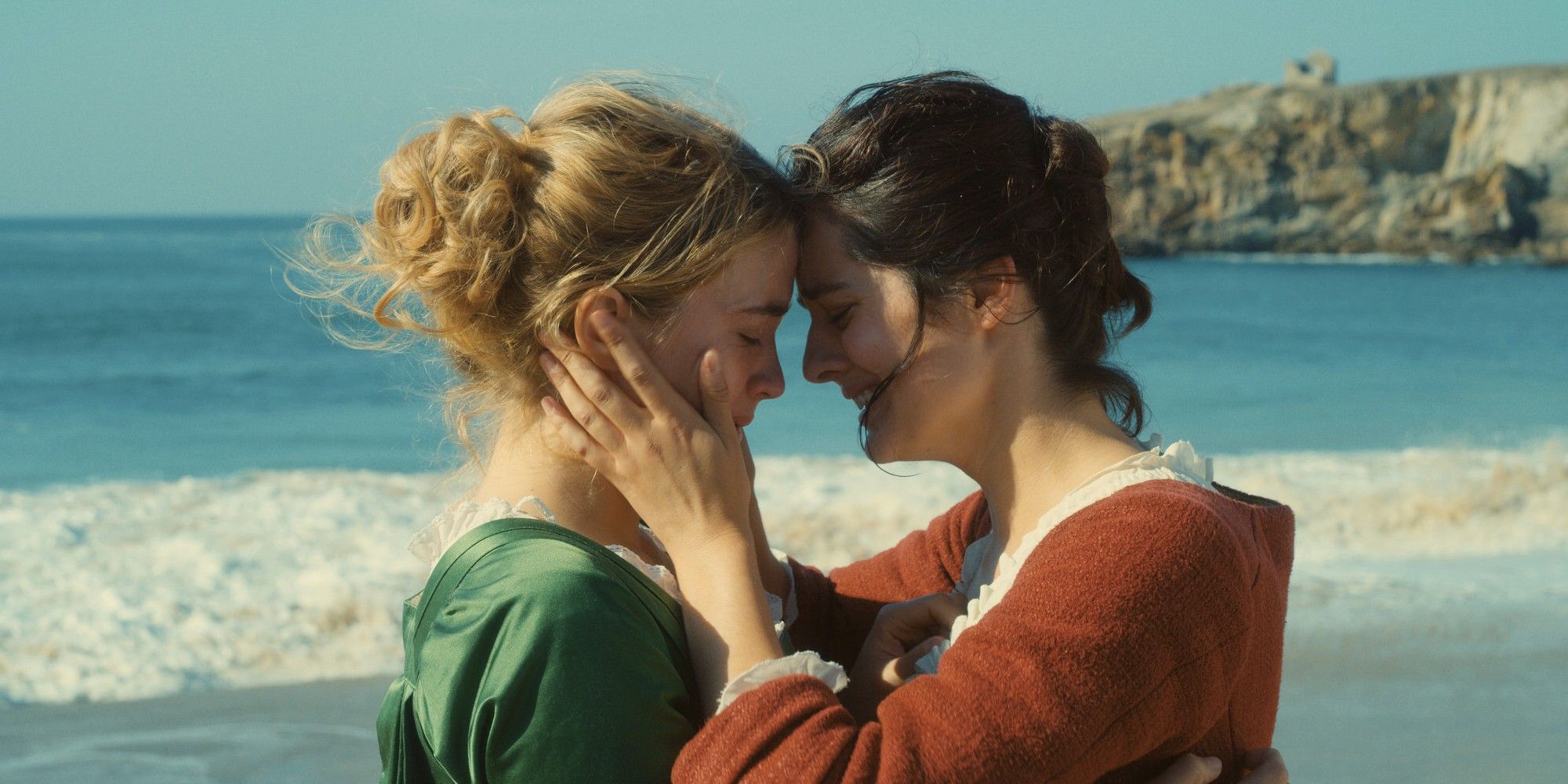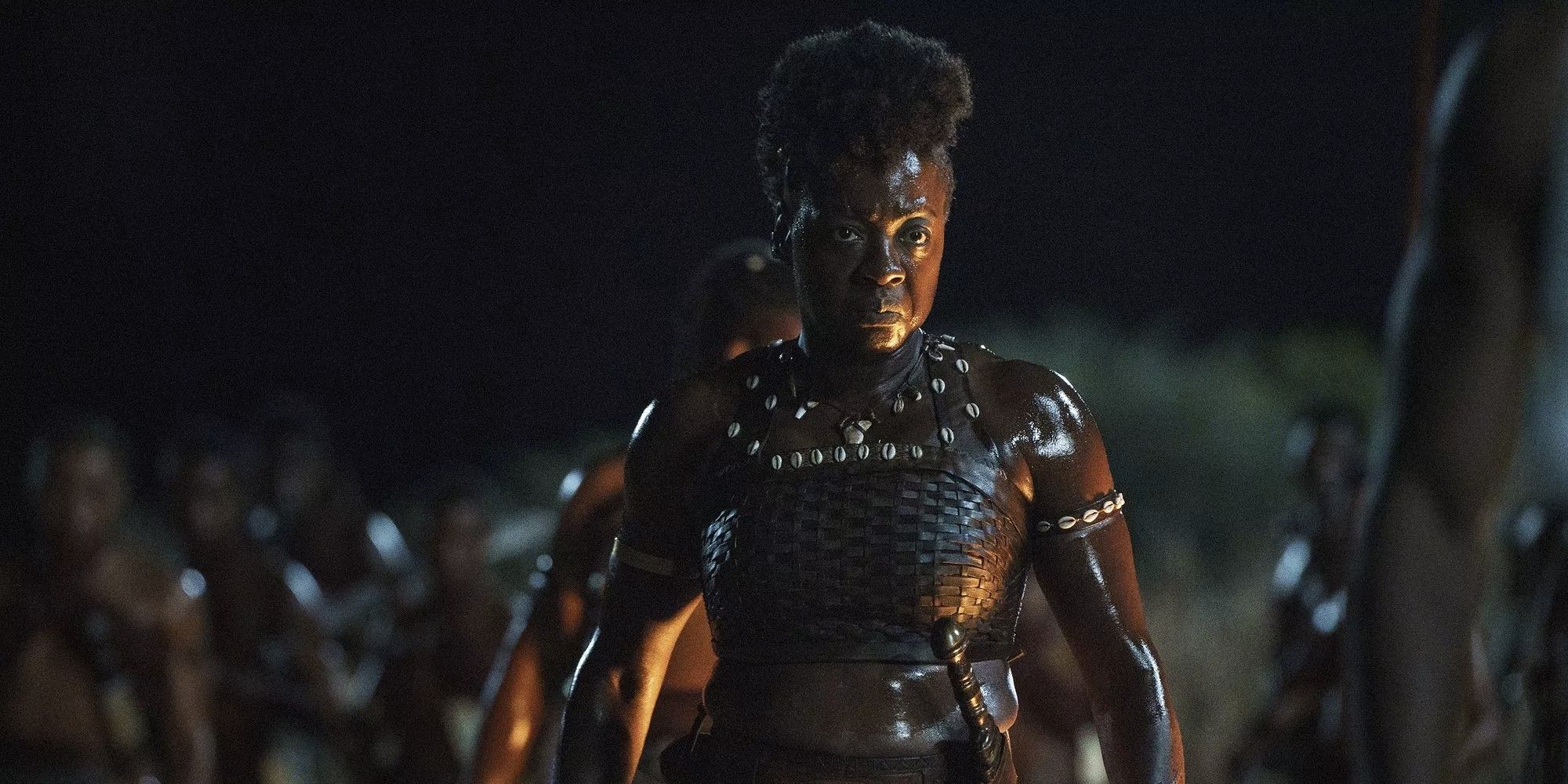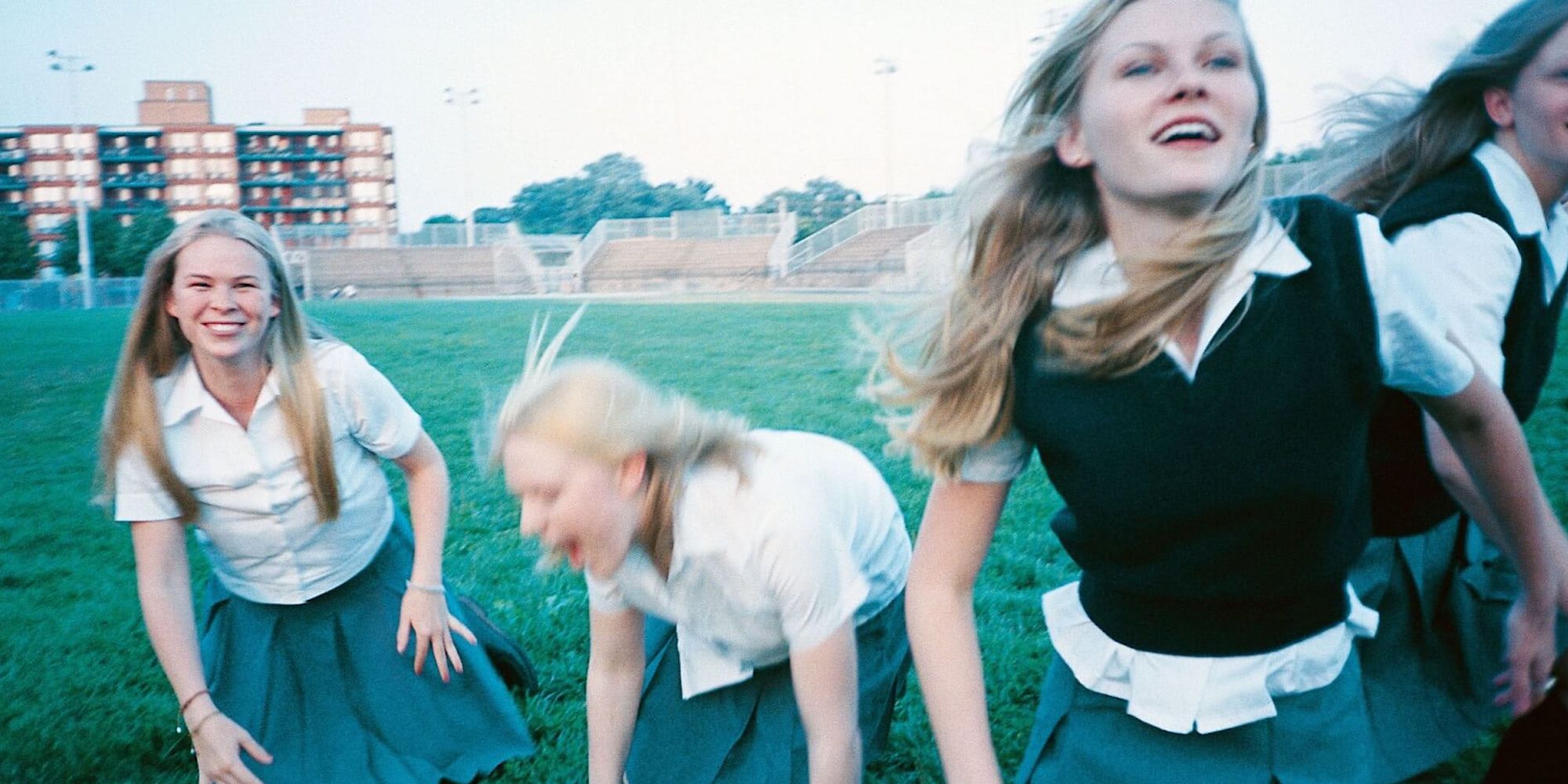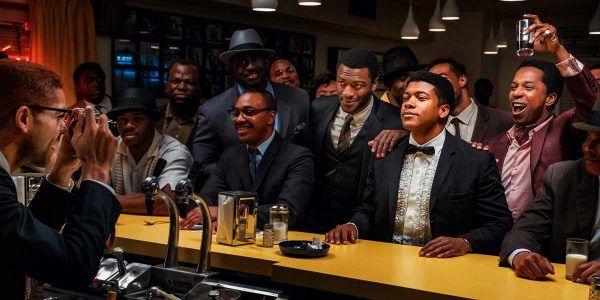[ad_1]
As the 2023 Oscar nominations come out, a slew of incredible movies directed by women, including Aftersun and The Woman King, manages to go unrecognized by the Academy for their storytelling. It’s no secret that women are not super well represented behind the camera, but the few women who can make it, often don’t get recognized for their talents.
When women aren’t able to tell their stories, it upholds a patriarchal worldview as it gatekeeps a medium that’s incredibly accessible. While awards aren’t everything, the Academy of Motion Picture Arts and Sciences giving these films a spotlight creates a more inclusive and diverse industry.
10 Ava DuVernay — ‘Selma’ (2014)
Ava DuVernay’s Selma had one of the most infamous Oscar snubs, alongside the film’s general shutout from the Oscars. It got a Best Picture nomination but wasn’t recognized for anything else. The movie follows Dr. Martin Luther King Jr. (David Oyelowo), his march from Selma to Montgomery, and the events surrounding it.
The travesty was a part of many reasons for the viral hashtag #OscarsSoWhite as the Academy was criticized for ignoring the film. In a 2020 interview, Oyelowo revealed that part of the snub was because the cast and crew of Selma appeared at the 2014 New York premiere in T-shirts reading “I Can’t Breathe” mourning the police killing of Eric Garner. DuVernay confirmed this by tweeting that the shirts they wore were why she was left out of the Best Director race.
9 Greta Gerwig — ‘Little Women’ (2019)
Greta Gerwig’s 2019 movie Little Women quickly became beloved. It gained recognition from the Academy for Best Actress, Best Supporting Actress, Best Costume Design, Best Adapted Screenplay, Best Original Score, and Best Picture, but Gerwig’s direction seemed to go unnoticed. The story, based on Louisa May Alcott‘s novel, follows the lives of Jo (Saoirse Ronan), Amy (Florence Pugh), Meg (Emma Watson), and Beth (Eliza Scanlen) as they grow up, switching between their childhood and adulthood in the late 1800s.
While Little Women has had many adaptations, Gerwig’s version of the story blurs the lines between Jo and Louisa May Alcott, as Alcott famously based the novel on her own life. Beautifully told and visually stunning, the Academy refusing to recognize Gerwig’s talents is another instance where movies with women as their focus are left by the wayside.
8 Lulu Wang — ‘The Farewell’ (2019)
The Farewell follows Billi (Awkwafina), who discovers that her grandmother, Nai Nai (Shuzhen Zhao), has been diagnosed with cancer. In an attempt to hide it from Nai Nai, the family pretends that Billie’s cousin is getting married as a way to bring the family together. Billi flies to China to be with Nai Nai, and she argues with her family over hiding the diagnosis from her family.
Lulu Wang‘s piece isn’t just an incredible film, but one that brings together a story that shows two sets of values opposing each other: Billi wishes to tell her grandmother, but her parents want to keep Nai Nai from knowing, as the burden is the family’s to bear. The story challenges Western individualism and tells a humorous story of a tragic situation. The movie was a beautiful feat in filmmaking, and Wang deserved recognition for her direction.
7 Mira Nair — ‘Monsoon Wedding’ (2001)
Monsoon Wedding is among the many wedding romantic comedies that center around a large family and their hijinks, but Monsoon Wedding takes it to a new level, not only adding serious topics to the mix but letting the relationships at the center of question globalization and where Indian, specifically Punjabi, culture stands. The story follows the lead-up to the wedding between Aditi (Vasundhara Das) and Hemant (Parvin Dabas); as Aditi reels from an affair with her boss, her cousin Ria (Shefali Shah) struggles amid the family reunion as she’s forced to face the man who molested her when she was a child. Other side stories mix in between, ultimately focusing on the family dynamic in the modern Punjabi family.
Monsoon Wedding won the Golden Lion award at the Venice Film Festival but went unrecognized by the Academy. Mira Nair‘s film switches between Bollywood aesthetics and a more intimate style in contrast: the direction is incredible and deserving of global recognition given its themes.
6 Marielle Heller — ‘The Diary of a Teenage Girl’ (2015)
Despite pulling her weight in the big leagues with films such as Can You Ever Forgive Me? and A Beautiful Day in the Neighborhood, Marielle Heller‘s debut feature film, The Diary of a Teenage Girl, is incredible. The story follows Minnie (Bel Powley) as she gets pursued by her mother’s boyfriend, Monroe (Alexander Skarsgård), while she convinces herself that he could be the love of her life. The film is both comedic and incredibly dark as it navigates a complicated territory in teenage sexuality.
Heller’s directing shines through as she pulls perfect performances, including an astonishing dramatic performance from Kristin Wiig. She also utilizes animation, demonstrating Minnie’s complicated relationship with the body and sexuality: the choice is inspired, and Heller deserves recognition for her direction.
5 Celine Sciamma — ‘Portrait of a Lady on Fire’ (2019)
Celine Sciamma’s Portrait of a Lady on Fire might be one of the best films of the 2010s, yet it seemed to be shut out of any recognition from the Academy. The story follows Marianne (Noemie Merlant), a painter who travels to an island to meet a soon-to-be bride and paint her portrait before she’s wed. The soon-to-be bride, Heloise (Adele Haenel), has repetitively evaded attempts for artists to paint her portrait, despite Marianne having to hide her attempts to observe Heloise and piece together a painting, the two create an intimate bond.
The film feels perfect on every level, from the bond between the women to the cinematography and costumes: the writing almost becomes the cherry on top. Sciamma’s work deserves so much more recognition than it earned, especially as an incredible director.
4 Gina-Prince Blythewood — ‘The Woman King’ (2022)
One of the more surprising complete shutouts of the 2022 Oscars, The Woman King garnered zero recognition from the Academy for its incredible storytelling. The movie follows the Agojie, a group of warriors made up of all women who protect the African kingdom of Dahomey, led by General Nanisca (Viola Davis).
The story’s power doesn’t just lie in its push against colonialism but its push against the ownership of Black women. While the piece is set in the 1800s, it remains a story worth telling repeatedly. In an era where action movies often still hold colonialist themes, The Woman King provides an epic that pushes against that and tells a story where the culture is preserved, and people are saved. The Academy shutting out this movie, in general, is largely demonstrative of its favoritism towards more tame political stories but also an insult to Gina Prince-Blythewood‘s hard work bringing The Woman King to life.
3 Charlotte Wells — ‘Aftersun’ (2022)
While Aftersun gained recognition by the Academy, as Paul Mescal earned his first Oscar nomination for best actor in a leading role, it seemed to ignore the storytelling otherwise. Charlotte Wells’ film is through the eyes of 11-year-old Sophie (Frankie Corio), who’s on holiday with her father in Turkey. Sophie is perceptive to her father’s descent into depression, left to observe someone she knows she can’t fix.
Father-daughter relationships can be incredibly complicated as it is, but with the added layer of Sophie trying to navigate her love for a father who is out of her life, the empathy to see him as a parent struggling rather than a villain in her own story is a hard one to tell, as the solution isn’t in them reuniting. Wells crafts and portrays a relationship that can often be difficult to fully explain; her work on the film is worthy of just as much recognition given that they could recognize the star of the film.
2 Sofia Coppola — ‘The Virgin Suicides’ (1999)
While Sofia Coppola is among the few women nominated for the Best Director category, she has many films under her belt that deserve similar recognition, including Marie Antoinette and, most notably, The Virgin Suicides. The movie follows the mysterious Lisbon sisters, who grow up in a repressive, religious household, leaving them misunderstood by their parents and the men who put together the story of what led to their deaths.
The storytelling Coppola uses is incredible as the camera work reflects that of a voyeur; the muted colors contribute to the often restrictive feelings and the exploration of girlhood explicitly through the viewpoint of men, a topic that has become more popular amid the rise of social media. Coppola’s first feature showed her immense talent that predated her other incredible films and deserved recognition on a larger scale.
1 Regina King — ‘One Night In Miami’ (2020)
While One Night in Miami… garnered recognition from the Academy as Leslie Odom Jr. got a best supporting actor nomination for his performance as Sam Cooke, and the movie earned a nomination for Best Original Screenplay. Yet, One Night in Miami was still criminally underrated. The movie, based on a play by the same name, is a fictionalized telling of a real event in which Cassius Clay (Eli Goree), Malcolm X (Kingsley Ben-Adir), Jim Brown (Aldis Hodge), and Sam Cooke discuss their positions in the civil rights movement of the ’60s and their personal places amid society.
The film is an incredible moral question on how to fight against an oppressive system, as the four men debate positions when it comes to economic freedom, religion, and how to carry their personal status, and Regina King does as an excellent job with the film as she sets each scene. The four men lead distinctly different lives, and she finds a way to center their narratives into a cohesive story, with the quieter scenes packing a punch. The movie deserves recognition in many more ways, but the decision to ignore Regina King’s astounding directing of the film might be the biggest miss from the Academy.
[ad_2]
Source link
Armessa Movie News

